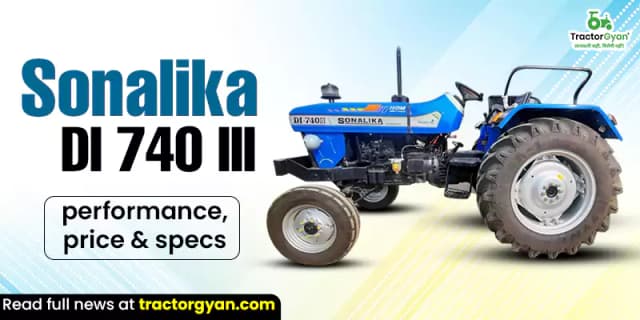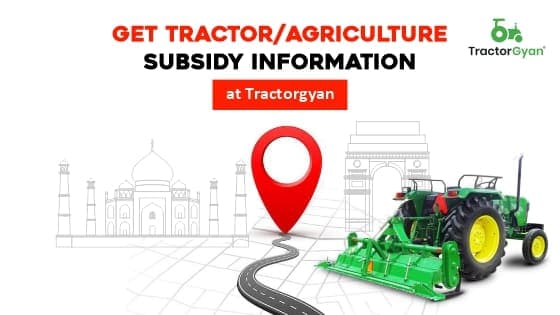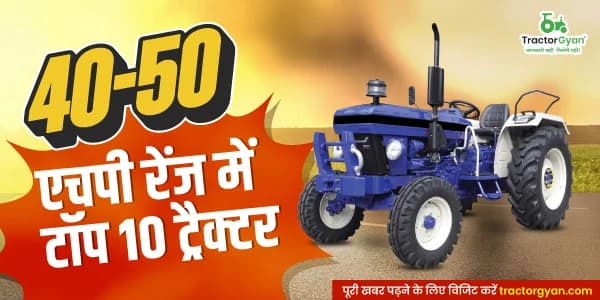The Electrification of Agricultural Equipment - Tractor and Implements
Vehicle electrification has begun migrating from urban streets and highways to off-highway construction and underground mining equipment but has only seen a handful of prototypes for agricultural applications. Many of the primary pain points of combustion-driven vehicles are the same, whether on the road or in the field – emissions and noise are the usual suspects as well as the desire for a path towards sustainability.
What can be electrified?
The heart of agricultural equipment is currently a large combustion engine generating power. Within the tractor itself, this provides propulsion power to the wheels via the transmission and powers auxiliaries coupled via a belt drive. Apart from the tractor, the engine can also supply power to external implements via mechanical power take-off (PTO) from the transmission or via hydraulics driven by a hydraulic pump.
The Benefits of Electrifying Auxiliaries
A typical tractor contains several auxiliaries, including hydraulic and coolant pumps, air brake and A/C compressors, and a radiator fan. Traditionally, these have been coupled to the engine and their performance depends on the engine’s speed. With fully electric tractors, there is no constantly-running engine to power the auxiliaries, so electrifying them is a matter of necessity for power-on-demand.
Air Brake Compressor
Since the build-up of air pressure is dependent on speed of the compressor, one benefit of decoupling the air brake compressor from the engine is the ability to fill the compressor tank faster, especially compared to a low, idle speed which would also be an engine operating point where a coupled compressor would become a significant load.
A/C Compressor
Similar to the air compressor, de-coupling the A/C compressor from the engine allows full speed and full load operation to quickly cool down the cab, even with the engine off. This could also allow for a cabin pre-cool (or pre-heat, in the case of an electric heater) feature for the operator.
Engine Radiator Fan
When coupled to the engine, the radiator fan is a large parasitic load and provides its poorest cooling performance during idle. On the other hand, electrifying the radiator fan would not only increase fuel economy but also enhance cooling performance and possibly run at higher speeds. Electrifying the fan also introduces the new feature of being able to run the fan in reverse to clean out the grill.
The Benefits of Electrifying Implements
- Flexible Arrangement of PTO Implements
- Localize Loads to Eliminate Intermediate Components
- Increased Performance with Independent Controls
- Intelligent Control
In terms of new equipment, the possibilities can change farming into a completely automated and autonomous industry; embedded controls connected via a communication network can coordinate operations between multiple systems for optimal performance. In the future, this could lead to the development of new equipment such as planters that look like mobile pick-and-place robots being guided autonomously.
Category
Read More Blogs
आमतौर पर आपने गेहूं की भूरे रंग की प्रजाति के बारे में सुना एवं देखा होगा पर आपको यह जानकर आश्चर्य होगा कि विश्व के कई हिस्सों में काले गेहूं की भी खेती की जाती है । इसमें...
राजस्थान, उत्तरप्रदेश, मध्यप्रदेश जैसे देश के कई राज्यों में तेल या तिलहन की खेती खरीफ के मौसम में मुख्य रूप से की जाती है । तिल की खेती में सबसे महत्वपूर्ण होता है उसकी बोनी एवं खेती का...
Traditional fossil fuels are depleting day by day. Every machine that uses them has either been replaced or modified to run on more sustainable sources of energy.
One such machine is our automobiles, they consume...
Write Your Comment About The Electrification of Agricultural Equipment - Tractor and Implements
.webp&w=1920&q=75)
Top searching blogs about Tractors and Agriculture
07 Jan 2026
18 Dec 2025
29 Jul 2025
08 Sep 2025
03 Jul 2025
30 Jul 2025
30 Jul 2025
30 Jul 2025
29 Jul 2025
30 Jul 2025
09 Feb 2026
31 Jul 2025
18 Dec 2025
26 Dec 2025













.webp&w=2048&q=75)










.webp&w=2048&q=75)
.webp&w=2048&q=75)




























